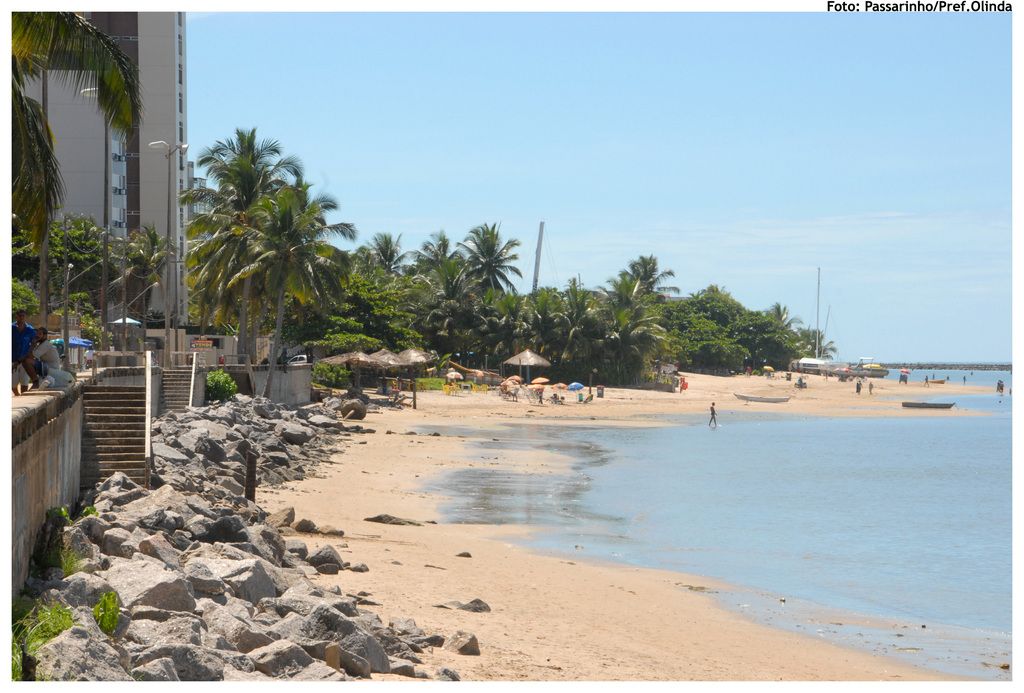Conservatives (CDU) and Greens aim to combat industrial tax evasion practices
Here's a fresh, original version of the article incorporating insights from the enrichment data:
In North Rhine-Westphalia, the coalition is taking a stand against commercial tax havens in select municipalities. The ruling groups are urging the upcoming black-red federal government to raise the minimum commercial tax surcharge. Next week, a motion will be submitted to the NRW state parliament. In their agreement, Union and SPD at the federal level have promised to lift the minimum surcharge from 200 to 280 percent.
The commercial tax is a primary source of income for cities and municipalities in Germany. The average surcharge in NRW municipalities stands around 450 percent, with the maximum reaching 700 percent. However, two municipalities, Monheim and neighboring Leverkusen, buck the trend with a commercial tax surcharge of 250 percent.
A Battle Against Tax Evasion
The CDU and Greens in NRW had agreed, in their coalition agreement upon taking office in 2022, to combat existing commercial tax havens. To achieve this, regulations would be integrated into the municipal finance law that would discourage commercial tax havens.
In addition, the state's financial administration will assist municipalities in locating businesses. The new NRW State Office for Combating Financial Crime has been focusing on thwarting tax evasion via fake seats in commercial tax havens.
The coalition argues that high commercial tax revenues are generated in commercial tax havens despite the low surcharge compared to neighboring municipalities. This practice of commercial tax dumping in a handful of NRW municipalities is not only anti-solidarity towards neighboring municipalities but also promotes pure letterbox company seats.
Municipalities Digging Each Other's Graves
"A bidding war on commercial tax surcharges is a dangerous cycle," Christof Sommer, managing director of the Association of Cities and Municipalities in NRW, commented. "Municipalities dig their own graves, and there are only losers."
The fact that cities and municipalities are taking such risks demonstrates the significant financial pressure they face in many cases. An increase in the minimum surcharge represents a step in the right direction, but ultimately, a more comprehensive solution is required for municipalities' financial security.
The Association of Towns and Municipalities in NRW has already urged the state government in 2023 to end unfair commercial tax competition and advocate for comprehensive measures at the federal level. The financial and justice authorities of the state should support the municipalities in combating illegal tax evasion.
The Evolution of Commercial Tax Surcharges
In Germany, the commercial tax (Gewerbesteuer) is a municipal tax levied on the profits of businesses, with a surcharge collected by both the federal and state governments. NRW, Germany's most populous state, has historically wrestled with issues related to municipal finances and tax revenues.
Periodic adjustments to the surcharge are part of the fiscal landscape, arising from negotiations and responses to fiscal needs. Increases in the surcharge seek to redistribute a larger share of commercial tax revenues to the federal and state levels, support budget balancing, and foster fiscal equalization. However, such increases can impact the financial health of municipalities by reducing their net revenue and causing potential budget shortfalls, particularly for those heavily dependent on commercial tax.
A Call for Compensation and Fiscal Autonomy
Ultimately, the municipalities in NRW have consistently raised concerns about higher surcharges restricting their financial autonomy and flexibility. To address these concerns and better protect municipalities from aggressive tax competition, a comprehensive package of measures at the federal level is needed.
- The coalition in North Rhine-Westphalia is urging the federal government to consider policy-and-legislation changes in the realm of business and finance, specifically to raise the minimum commercial tax surcharge as part of the battle against tax evasion.
- As the commercial tax is a primary source of income for cities and municipalities in Germany, the ongoing debate about commercial tax surcharges in the state of North Rhine-Westphalia has political implications, as it involves policy-and-legislation and general-news discussions related to finances, business, and politics.
- The Association of Towns and Municipalities in NRW has been vocal about advocating for changes in policy-and-legislation to end unfair commercial tax competition and lobbying for comprehensive measures at the federal level, which is an essential aspect of the business environment and finance management for cities and municipalities in Germany.





